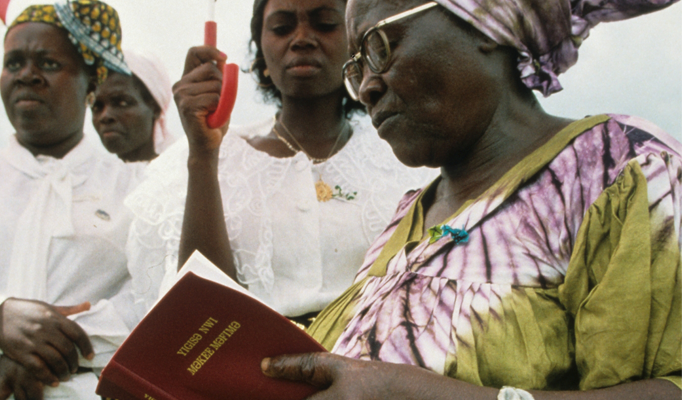
Canada Institute of Linguistics (CanIL) celebrates its 40th anniversary, marking four decades of empowering communities worldwide through language development, Bible translation, and education. Since its founding in 1985, CanIL has been at the forefront of linguistic innovation and cultural preservation, contributing to language sustainability in diverse regions globally.
CanIL develops experts in language development, linguistics, literacy, translation, and training others, ensuring that all people have access to the Bible in their heart language. Hundreds of alumni work in more than 40 countries, engaging in language survey, orthography development, lexicography, education, and translation as part of the global Bible Translation movement. CanIL Graduates also contribute to language-software development, teaching English as a second language, speech-language pathology, and other linguistic and cross-cultural endeavours. “When the Scriptures were translated into our heart language, it was like God spoke directly to us for the first time,”shared a community leader in South America. Such testimonies highlight the transformative impact of CanIL’s work.
Founded by pioneers passionate about linguistic research and education, CanIL has grown into a globally recognized center for excellence. “We work hard to equip individuals who have a heart to serve, fostering cultural understanding and building bridges through language,”said Dr. Danny Foster, President of CanIL.
To commemorate this milestone, CanIL is hosting a 40th anniversary open house and gala on June 21, uniting alumni, supporters, and community members to celebrate its legacy and future vision. In addition, CanIL will highlight inspiring stories from the field and promote the “Beyond Words” campaign. The funds raised through this capital campaign will go toward upgrading physical spaces to create a world-class learning environment and investing in new technology for enhanced online and hybrid learning experiences. They are also making high-quality accredited training in linguistics more accessible to national partners around the world.

Leave a Reply